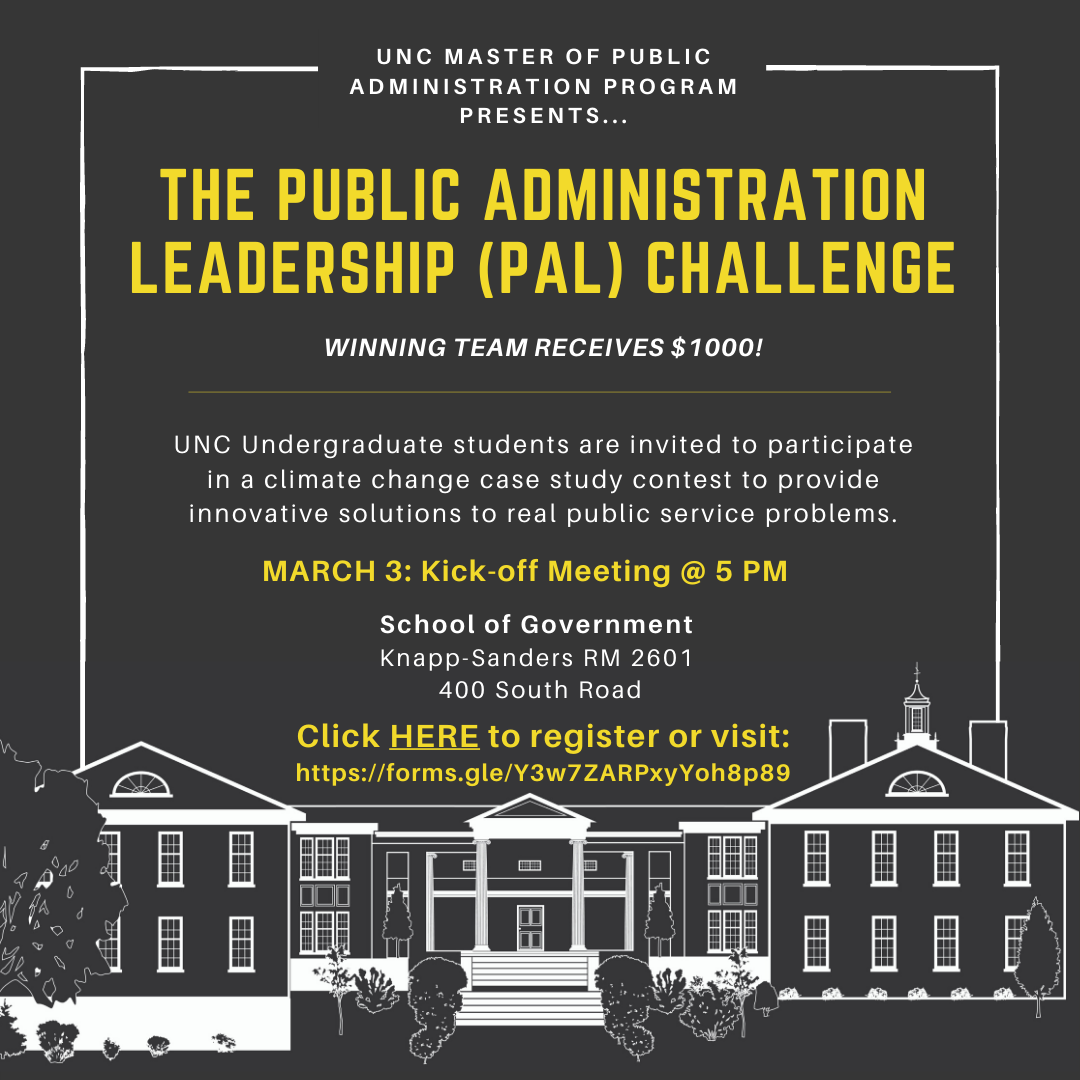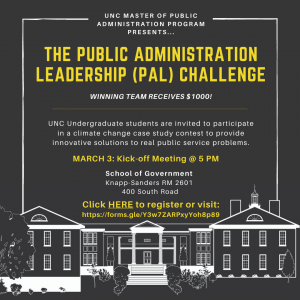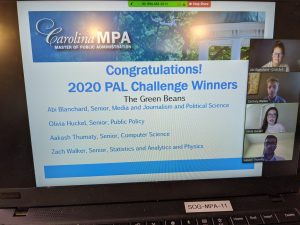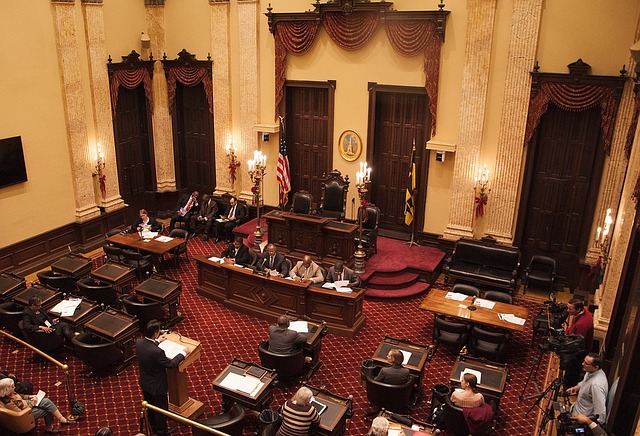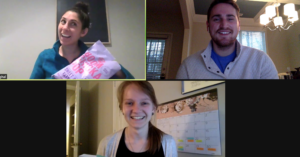
Hello everyone!
Welcome back to my first blog post after an extended—and much needed—winter break. I used this break to rest, relax, and create a solid separation between school, since I know this spring semester will be busy. To ensure I was creating this separation, I enjoyed a lot of time doing things that are not related to school.
One of my favorite hobbies is watching movies, and this break provided plenty of time to enjoy some new and old favorites. I am a massive Harry Potter fan, so a winter break without a HP movie marathon is not a break at all. Additionally, I watched 16 Marvel movies in one week because my partner had never seen any of them. I grew up watching the Marvel movies in theaters as they were released, so this was a wonderful walk with nostalgia. A new movie that I found particularly fascinating was Disney’s Soul. The movie was a refreshing reminder to reflect and pursue your passion and purpose.
Additionally, I finally had time to read a few books for pleasure—once again, not related to school. Over the break, the first book I finished was Think Like a Rocket Scientist: Simple Strategies You Can Use to Make Giant Leaps in Work and Life by Ozan Varol. This book provided excellent strategies to think creatively and problem solve to ensure success in your work. Another novel I completed was The Midnight Library by Matt Haig, which delivered a thought-provoking and philosophical outlook on life and the choices we make. The last book I finished was Educated: A Memoir by Tara Westover. The stories from her life are absolutely thrilling and engaging and offer a new perspective on the importance of education. I highly recommend all three.
While I really enjoyed my break and all of the free time that came with it, I’m glad to get back to work and continue learning. This semester is especially exciting, since it is my last one and I will be graduating in May! (I know you are all cheering with excitement and wishing me an enthusiastic “congratulations,” so thank you!) All of the classes I have enrolled in this semester offer new skillsets that I have been wanting to develop, which really excites me and motivates me to finish strong.
The last semester also brings the inevitable portfolio and oral exam. Much like Harry and friends and the Avengers, my cohort and I are facing our final battles in the MPA program. We have quickly realized the immensity of the work involved in defeating this monstrous final assessment. It is a massive undertaking. However, as I have been reflecting on the material from my classes, it is amazing and refreshing to see how much I, and my peers, have learned. I want to be clear, though; the process is not a pleasurable flight on a Nimbus 2000 above the Hogwarts grounds. Nevertheless, the outcome will be worth the struggle when I can finally begin working as a full-time public administrator!
Throughout the remainder of my time writing blog posts, I am excited to keep you updated on the portfolio process as well as other happenings within the MPA program. I hope you continue to follow along.
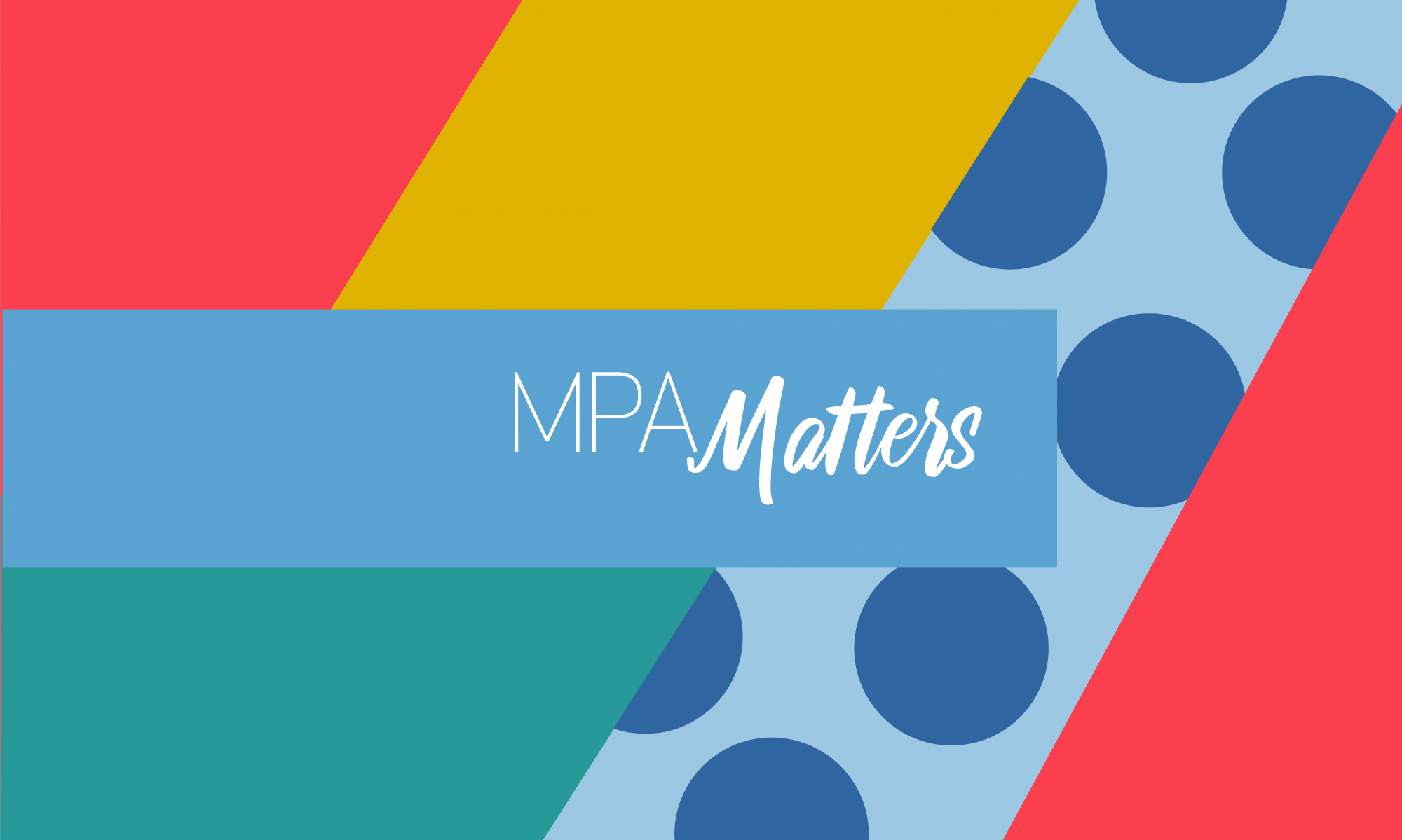

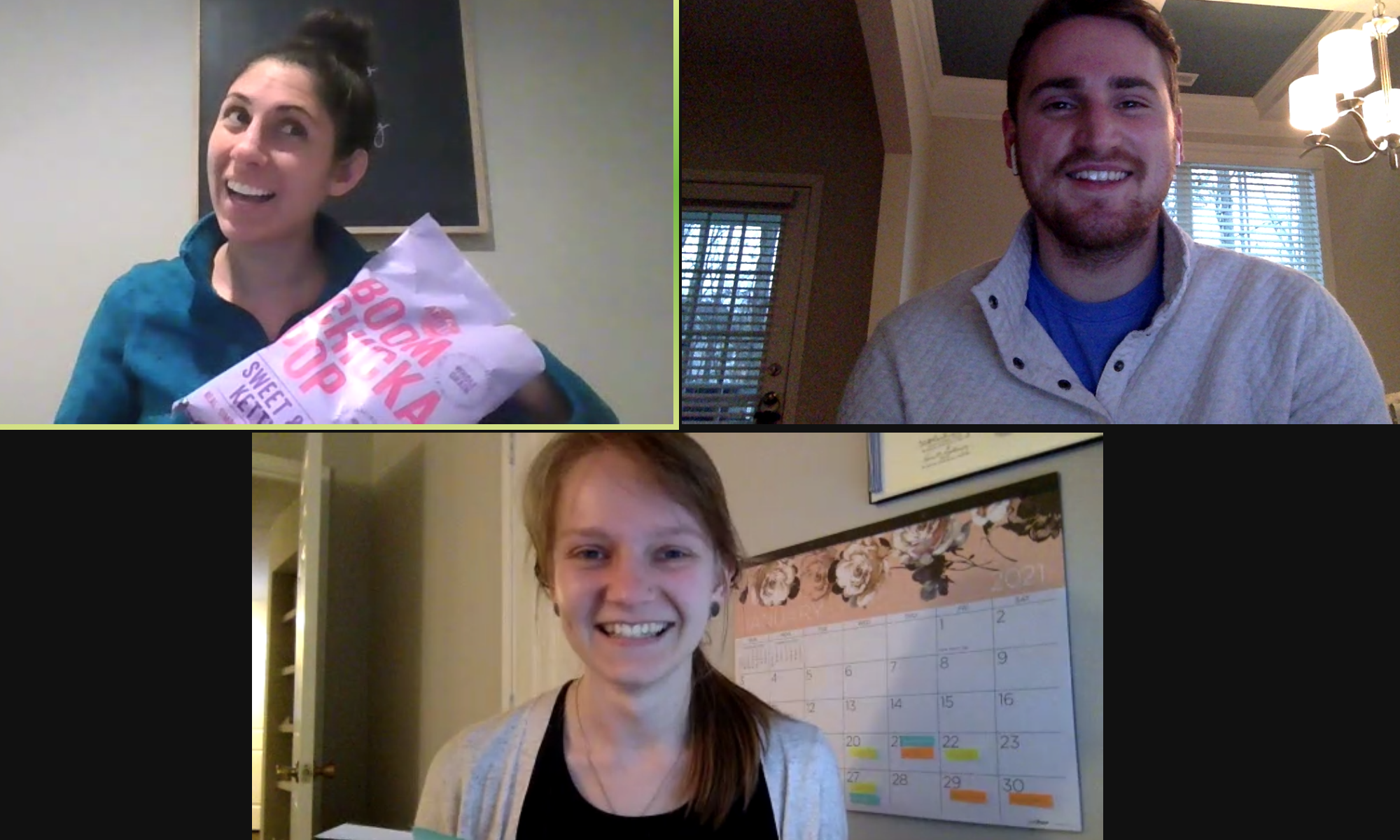


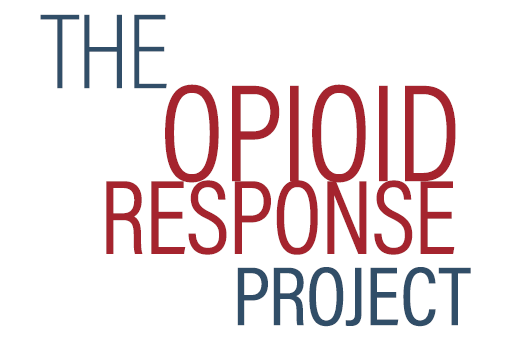
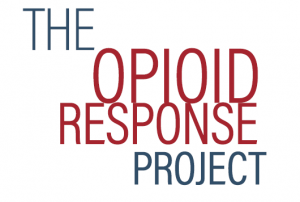

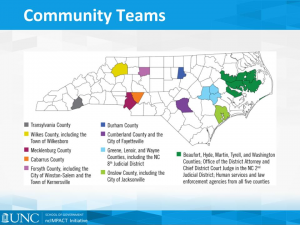


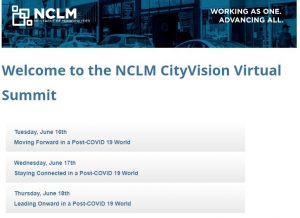
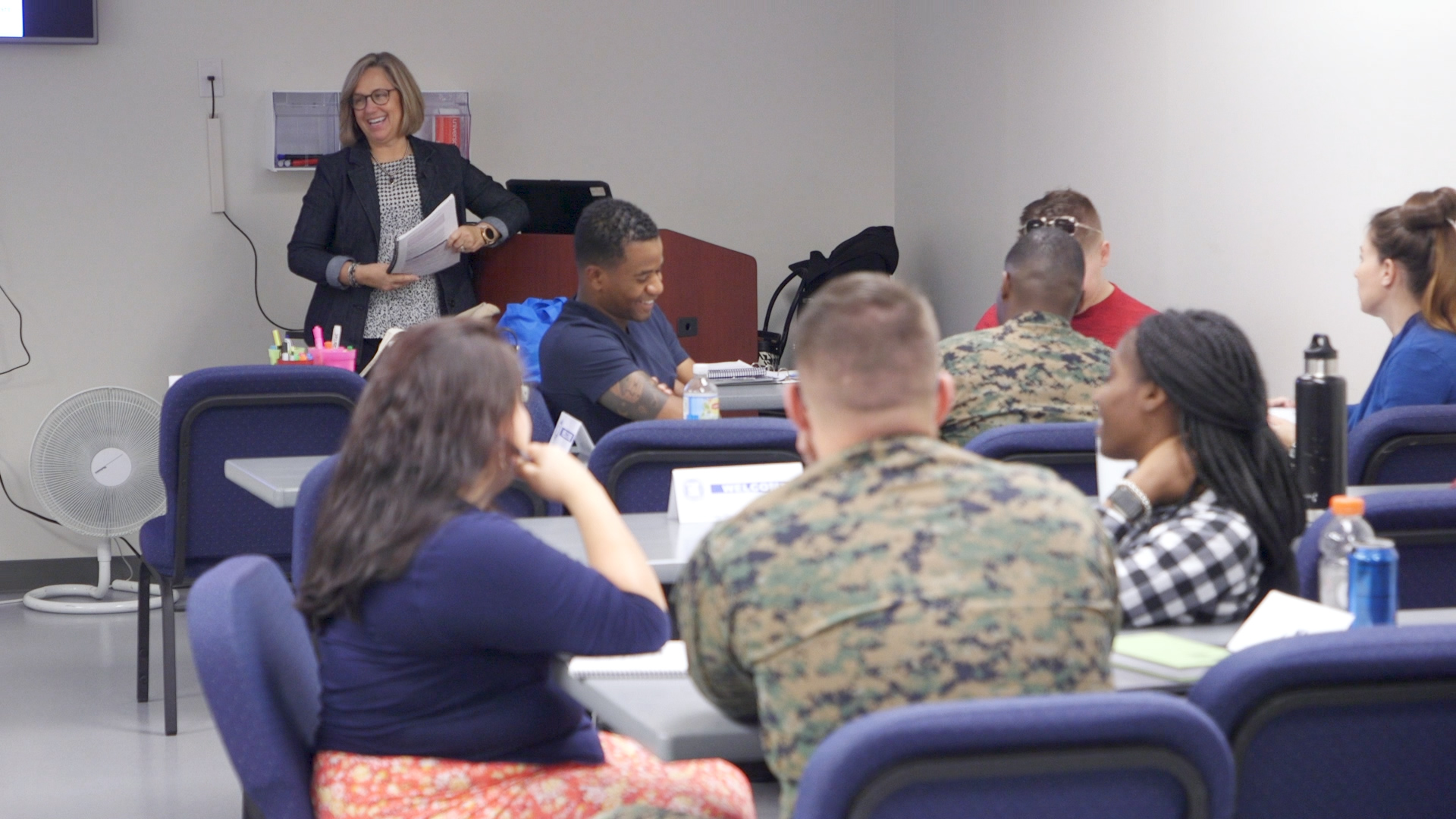
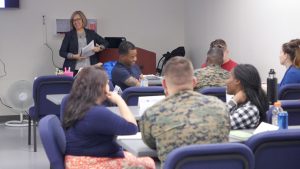 ncIMPACT Initiative
ncIMPACT Initiative